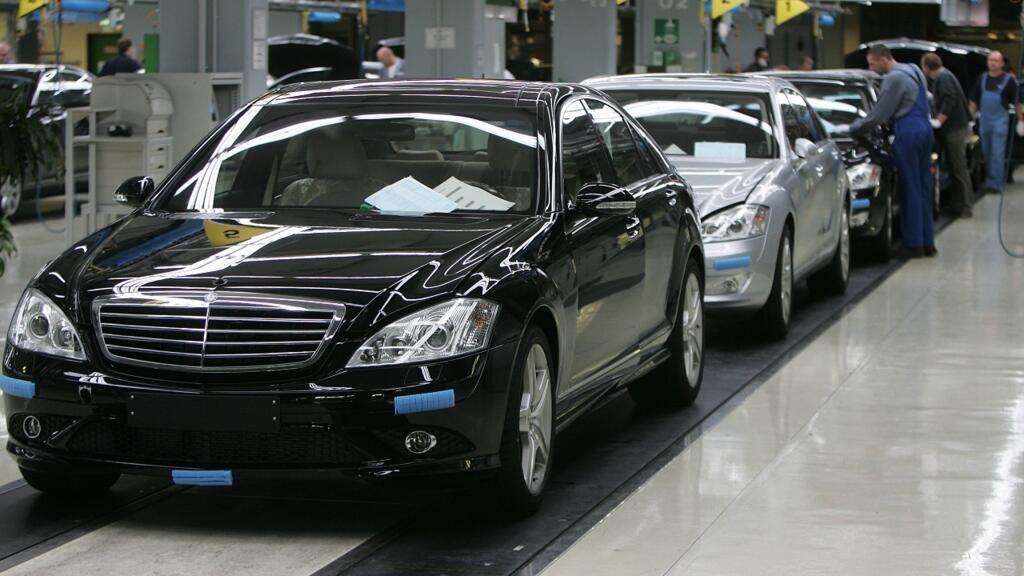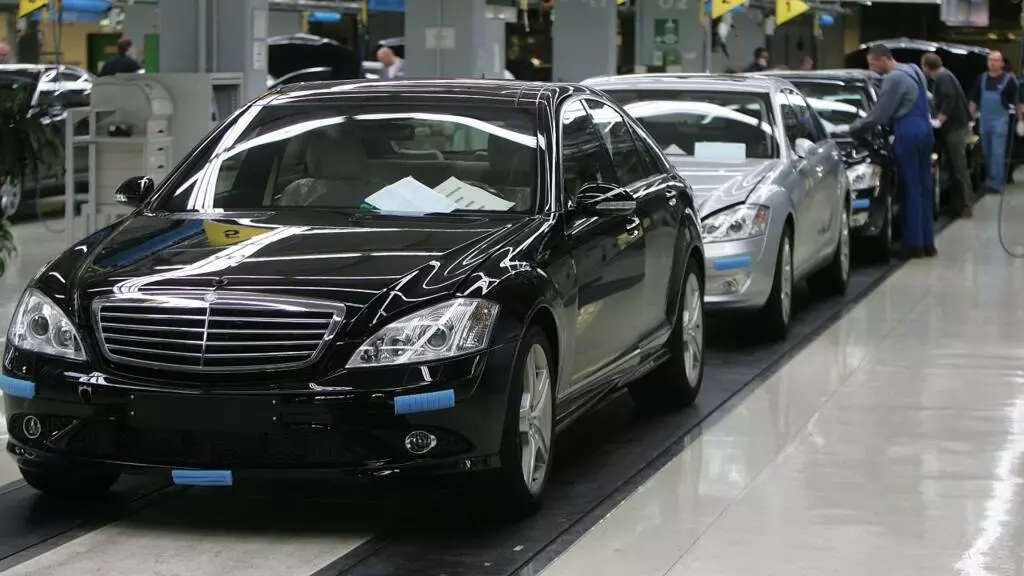On Thursday, October 9th, the German Chancellor brought together business leaders, union representatives, and regional heads to discuss the automotive industry. Berlin has shown its intention to lobby within the European Union for a relaxation of the rules planning the ban on internal combustion engines from 2035.

“There are options other than electric,” states the president of the German automotive federation. “We must raise our voice in Brussels,” adds the IG Metall union representative to reinforce the message. It is clear that in Germany, there is a common position within the European Union.
The German government had already expressed concerns about this measure and requested flexibilities to support the automotive industry. This Thursday, the Chancellor emphasized that only half of the cars on the road in ten years will be electric and that it is necessary to remain flexible: “Electric will be the number one mobility solution in the future. But other technologies exist. We need time to introduce them to the market. There must not be an abrupt end for internal combustion engines in 2035.”
The Social Democratic Vice-Chancellor, whose party had until now not wanted to challenge the European targets, also defended technologies like range extenders and plug-in hybrid vehicles.
While the German government is now able to speak with one voice in Brussels to obtain flexibilities, Berlin still needs to organize a majority within the 27 EU countries. The issue will be addressed at the next summit.
Other national avenues will be explored to support the German automotive industry. The exemption from the motor vehicle tax for electric vehicles has been extended. Three billion euros are to be allocated to help lower-income households equip themselves with them.
